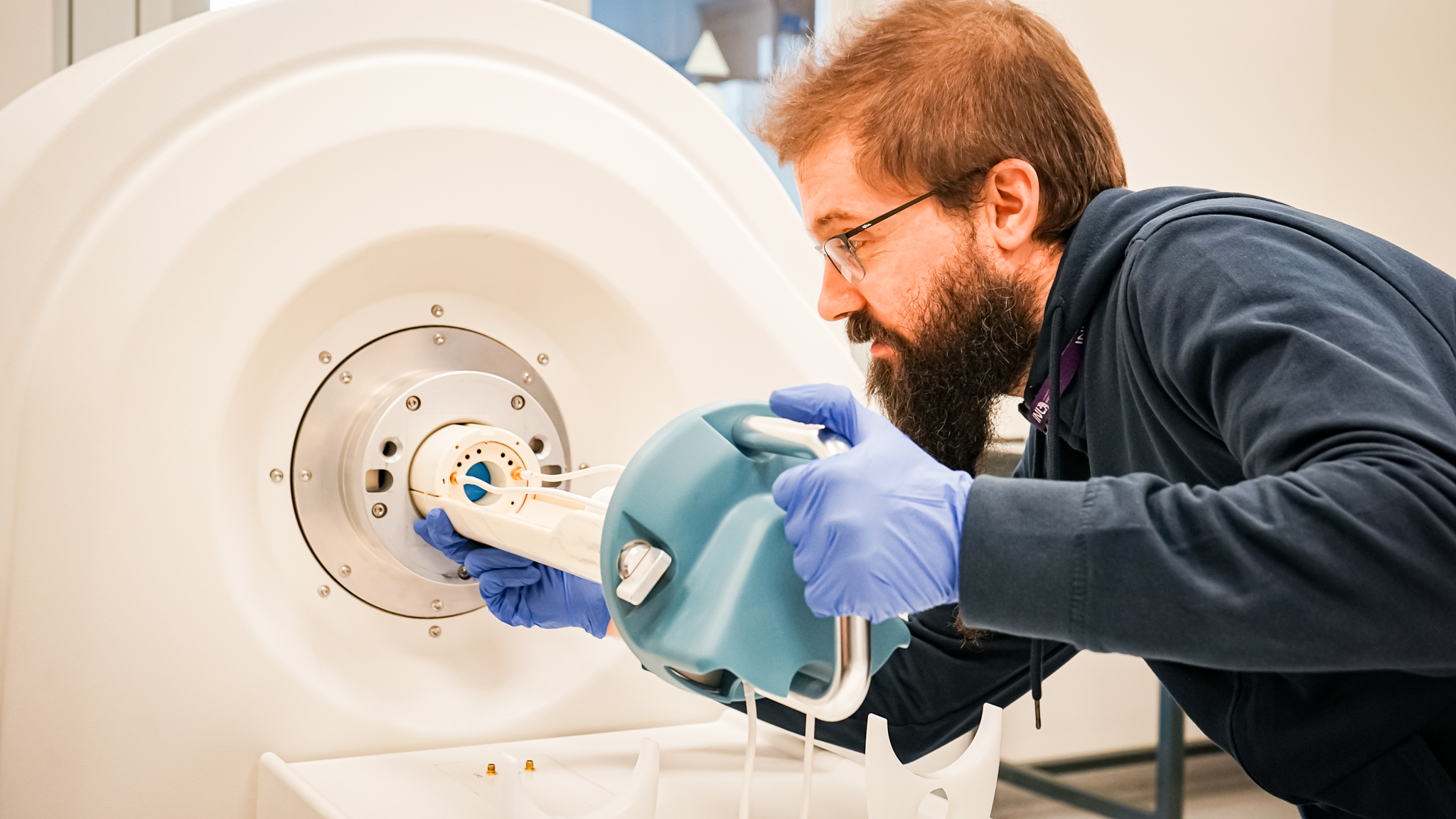Clean energy technologies based in photovoltaics, energy storage and renewable gases are key research lines of the Clean Energy Cluster at INL. In 2023 there were several developments in terms of people, projects, events, and scientific advances. There are 10 INL research groups participating in the Clean Energy cluster, with 17 research and development competitively funded projects, including 8 European projects. In 2023, these groups saw 5 PhD graduations and 9 MSc completions. Three researchers received recognition by Stanford University, placing them among the top 2% of scientists worldwide of 2022 – Laura Salonen, Lifeng Liu and Paulo Ferreira. INL hosted two relevant events, the Horizon Europe BATT4EU Funding Opportunities event, and organised a workshop within the FUNLAYERS twinning EU project. INL researchers in the Energy field developed new solutions, ranging from proof-of-concept to prototype devices for energy conversion, such as photovoltaic and renewable gases technologies, and energy storage, namely rechargeable batteries and hydrogen. Here one can have a glimpse of the research highlights in this field: The LaNaSC research group used conductive atomic force microscopy (C-AFM) tomography to investigate the impact of alkali-fluoride post-deposition treatments on Cu(In,Ga)Se2 (CIGS) solar cells. Their findings, published in Nature Energy, revealed that spatial inhomogeneities […]
Read more


